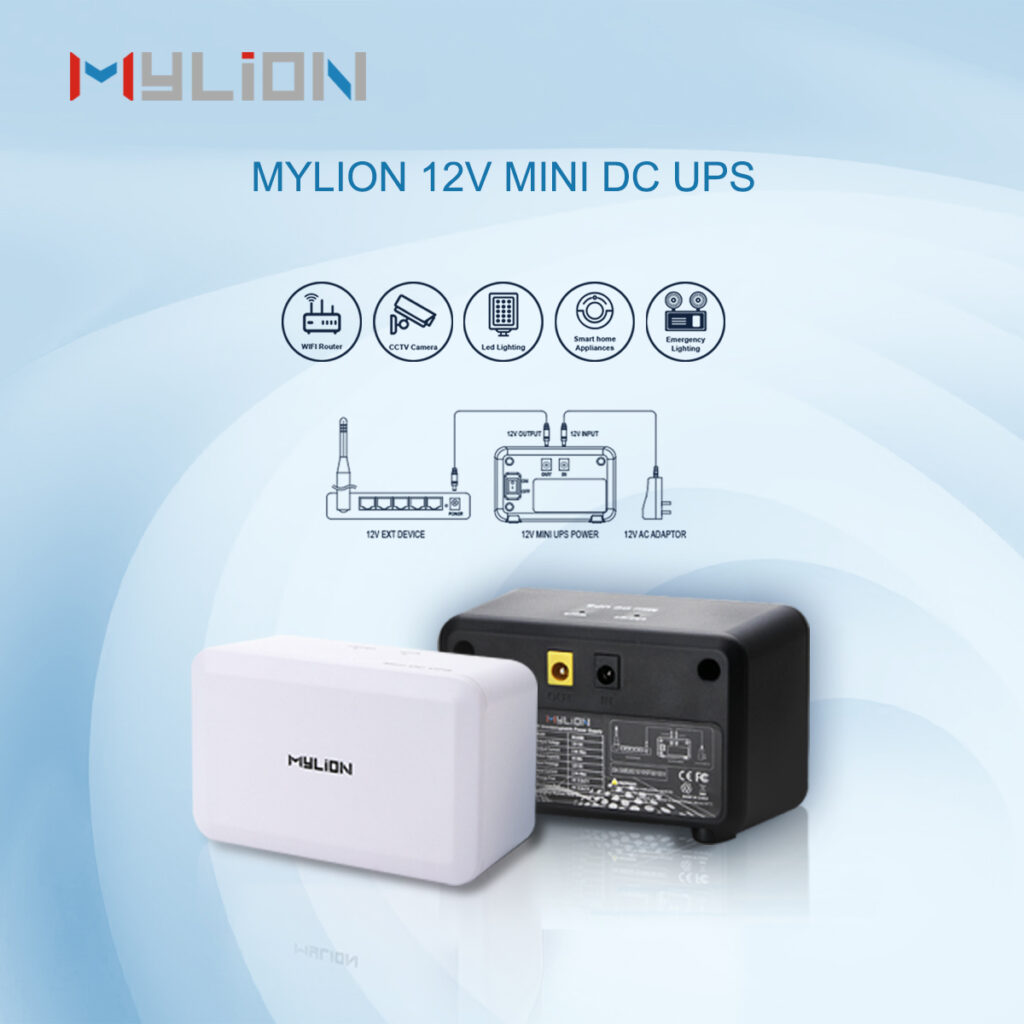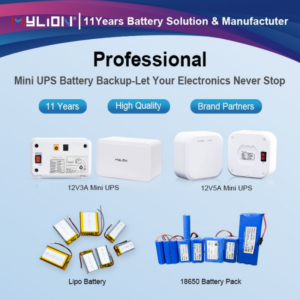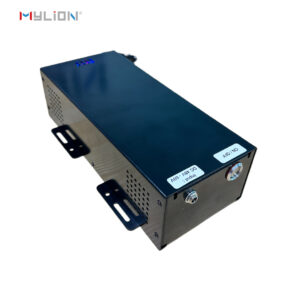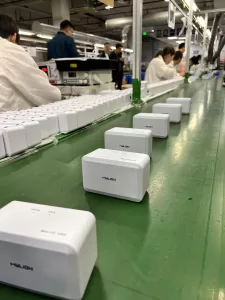Home UPS vs Inverter – What’s the Difference?
Do you imagine a life without electricity? No, we would be able to. Electricity has become a vital element of our daily lives. However, instances of power interruptions and outages are expected. In such cases, the world seems to slow down for some time. To deal with such circumstances, various power backup sources exist, such as UPS for your home UPS and inverter. A lot of people believe that inverters and UPS are the same thing. They are, however, different from each other. This article will describe both inverters and UPS, their distinct features and applications.
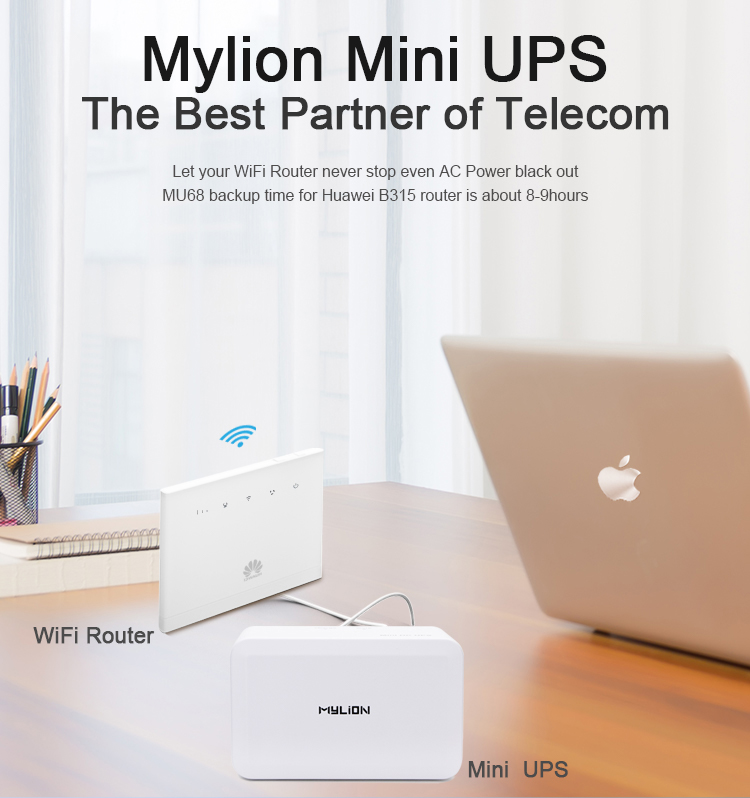
What is a UPS?
The proper name for UPS is “Uninterrupted Power Supply’. It is apparent from the title that UPS assists in preventing the interruption that can be caused to various appliances and devices in the event of a power outage or a shortage.
One of the most compelling examples to consider is UPS for computers. Suppose a power failure occurs or there is an abrupt voltage change. In that case, the UPS gives enough time for your computer to operate to ensure you can save your data and close the laptop promptly or until the electricity is restored.
What is the function of a UPS?
The most critical component of a UPS is the rectifier. It converts alternative voltage (AC) to direct current (DC) and charges the battery. The connection for the battery is made via an inverter, where DC is transformed into AC and then back to AC when the battery needs to supply power to a computer (because computers, or any other device in general, work with AC). Also, there is a controller which assists in regulating the operation and operation of the device.
In addition to using UPS on computers, many also use mini-UPS at home. But the primary issue for a UPS is that it can provide power backup for a limited time, which is about a couple of minutes. This makes UPS appropriate for electronic devices and IT systems that abrupt power interruptions or outages could damage. Inverters provide a more effective solution to supply power for an extended period.
Is an Inverter a good thing?
After we have a basic understanding of UPS, let’s find out what precisely an inverter is. In simple terms, inverters operate as powering devices for electronic appliances. The principal purpose of the device is to convert DC to AC. AC mains power is power for inverters, as well as the rectifier employed to convert AC into DC.
This DC serves to charge the battery. Most household and industrial devices are powered by AC power. The inverter converts the DC power from the battery into AC. Suppose a power outage or power outage occurs. In that case, the inverter receives the power from the battery and supplies the power to the electrical device or equipment to which it is connected.
Inverters are primarily employed in homes to ensure that the power source is maintained even in the event of an outage or shortfall. An external power source is not required to support the operation of inverters.
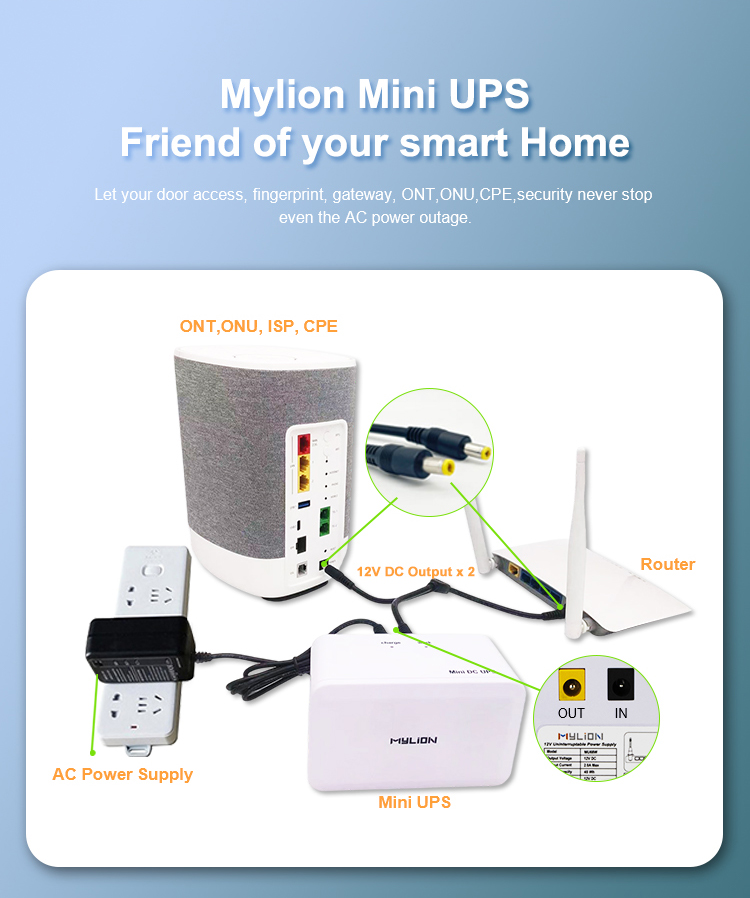
Understanding the difference between a UPS and an inverter
In the previous sections, you’ve got an understanding of the UPS and inverter as well as their methods of operation. Let us now provide you with a glimpse of the difference between the two:
Energy storage
In UPS, built-in batteries can be used to store energy. Also, there is a charge controller. In inverters, there isn’t an option for energy storage in-built. The battery is externally placed, and the inverter draws energy from the battery whenever needed.
Principal function
UPS is the power backup needed by devices, specifically computers, to continue functioning efficiently for a couple of minutes in the event of a power failure. In contrast, the primary function of an inverter is to transform DC to AC by transferring the power through the battery of an outside source.
Time to backup
In the case of UPS, it is offered for a short time, like 10-15 minutes. With an inverter, you can regain power for a more extended period.
Maintenance of batteries
There is no need for maintenance of batteries for the UPS. However, for an inverter, regular battery maintenance is advised to ensure that the device will ensure optimal performance.
Price
In comparison to inverters, UPS is more expensive when compared with inverters.
Changeover time
The time to changeover for UPS is speedy, with approximately ten milliseconds. In the case of Inverters, the time for the change is close to 500 milliseconds.
Purchase high-quality UPS and an inverter from the MYLION website.
As a homeowner, you may be searching for an alternative to power backup for your home. Both inverters and home UPS devices and the inverters have their own attributes, advantages and drawbacks. Be sure to study them thoroughly before you make your final choice.
If you want to purchase a genuine and high-quality UPS and Inverter in India, You can look through MYLION’s website.

